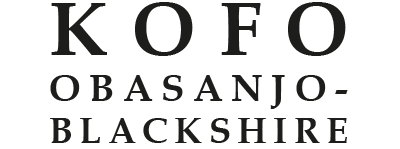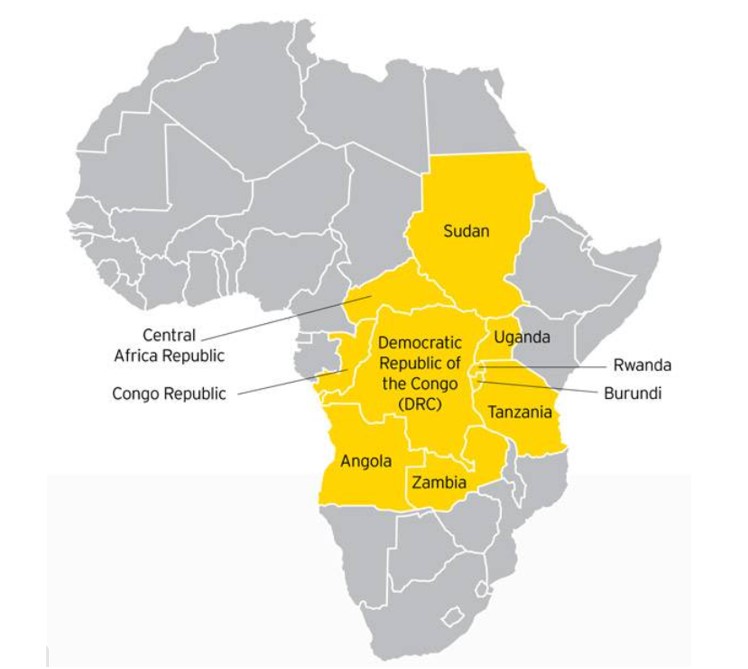The only African country spanning more than one time zone, the Democratic Republic of Congo (DRC) is a geographic giant about the same size as Western Europe. DRC is currently engulfed in what the United Nations describes as one of the most complex humanitarian crises in the world. Over 7 million Congolese have been displaced, with another 28 million, more than a quarter of the population, facing food insecurity.
Somehow another one of Africa’s so-called ‘forgotten wars’ fails to make it on to the evening news and gets no notice in the halls of power.
With origins traceable in part to the Rwandan genocide of 1994, escalation in the conflict since the beginning of this year from major advances by a rebel group known as the M23 has reignited a regional conflagration that once drew in the nine neighbours on its borders.
Paradoxically, immense natural wealth accompanies untold human suffering. Boasting over 60% of the world’s cobalt deposit, significant reserves of copper, gold, tin, tantalum, and diamonds, DRC is the ‘unsung hero’ of the global tech economy. Sadly, decades of conflict, weak governance, poor leadership and external interference have stunted the nation’s development.
About one-sixth of those in extreme poverty in Sub-Saharan Africa live in DRC according to World Bank estimates, with over 73% living on less than $2.15 a day. The scaling back of international aid, particularly the sudden freezing of USAID, the largest donor of humanitarian aid to DRC, has been a blow to life-saving efforts.
Why is this war not on your news feed?
- Competition for attention: War in Ukraine and the Middle East dominate news reports. Pace, intensity and frequency of conflict- indicative of a global regress to an arms race- particularly where there is direct U.S. or European military involvement eclipses the plight of DRC.
- It’s complicated: The protracted and complicated nature of conflict in DRC with multiple parties: militia, foreign & regional actors vying for access to its resources and a long colonial shadow prevent ease of condensing into a simple 90-second news segment.
- Racism and bias: Let’s call it what it is. Global media has a long history of underreporting African stories unless they involve Ebola, celebrities, or white hostages.
Why should this matter to all of us?
When even the world’s most powerful politician is unable to distinguish between one Congo and another why should we care?
- There are implications for defence, energy sectors and global tech. This beleaguered, largely obscure nation is endowed with the world’s most coveted critical minerals.
- The global tech economy runs through DRC with raw materials essential for modern devices- smartphones, computers, electric vehicles etc.
- The global energy transition that depends on these cannot come at the cost of Congolese lives.
Growing global reliance on critical minerals has increasingly incentivised local, regional and external groups to meddle and prolong the conflict.
Chinese companies control the majority of foreign-owned cobalt and copper mines in DRC.
The US is in negotiations with DRC for access to its minerals in exchange for security support, demonstrating the current administration’s instinct to prioritise real politik over principle of state sovereignty or international law.
What’s happening in DRC is a humanitarian disaster. Millions of innocent people are caught in violence, and the world is looking the other way. It’s time we all paid attention. Every phone we use, every electric car we buy may trace back to Congolese minerals. If conflict is the cost of convenience, we all have a responsibility to care. Awareness is the first step towards change.

